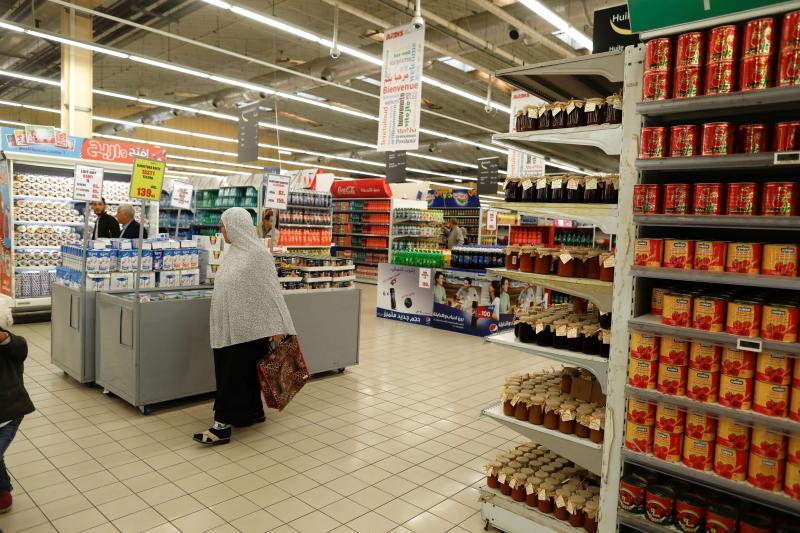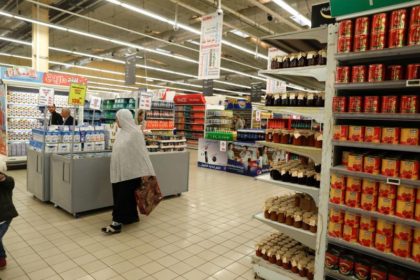
Lacking Vision, Algeria Deepens its Economic Isolation in Africa
 As it continues its sealed border policy with neighbors, combined with import restrictions, Algeria deepens its isolation in a dynamic African continent, further undermining prospects of economic diversification away from oil and gas.
As it continues its sealed border policy with neighbors, combined with import restrictions, Algeria deepens its isolation in a dynamic African continent, further undermining prospects of economic diversification away from oil and gas.
In a two-speed Africa where countries post two-digit growth rate, Algeria lags behind due to the short-sightedness of its leaders who failed to use the oil mantra amassed in the expensive oil era to establish a competitive economy friendly to foreign investments.
The lack of vision decried for years by independent analysts resulted in serious repercussions. As it heads straight to insolvency, Algeria insists on shunning reforms in favor of time-buying measures.
At the start of this year, authorities banned the import of 851 products including foodstuffs, cell phones, home appliances and some raw materials in an effort to address a gaping trade deficit.
Local firms including drinks producers and potters are already complaining of shortages in raw materials putting their businesses at risk.
Algeria’s isolationist economic policy based on the distribution of oil revenues, which accounts for 60% of the country’s GDP, is undermining the competitiveness of Algerian companies on the continent.
Oil and gas account for about 95 percent of Algeria’s exports with the government having little success in boosting the non-energy sector.
Even the private sector is dependent on oil. The big companies in the country Cevital, ERTHP or Arcofina operating in the industrial, distribution, real estate or construction sectors live in a way or another thanks to the oil and gas money, a factor that has kept them uncompetitive at the African level.
These companies owe their existence to public markets financed by oil revenues or to the distribution of heavily-subsidized products.
The lack of vision has also kept the 40-million people nation dependent on imports with the state subsidizing most consumer goods, especially foodstuff.
The business climate in Algeria thwarted foreign investments due to bureaucracy, corruption and an underdeveloped banking system.
The 51/49% law that prohibits foreign capital from holding more than 49% of Algerian companies has always been described by analysts as one of the major obstacles to foreign investments.
Meanwhile, the government led by an ailing president is facing a severe drop in its foreign exchange reserves due to the drop in international prices in 2014.
The 2014 counter-shock has highlighted the vulnerability of the prevailing economic model and the need to seek new sources of growth, Alexandre Kateb, Director of Compétence Finance in the Pan-African Magazine Jeune Afrique said.
Faced with a panoply of challenges from maintaining the social peace among a restive population to reducing subsidies and diversifying the economy, Algeria seems hostage to treating symptoms instead of the deep causes of its economic dilemma: dependence on oil and gas.
As the government foot-drags on reforms that would open up the economy and strengthen the competitiveness of the private sector, Algeria continues to struggle with the repercussions of decades of counter-productive policies that put it on the verge of insolvency.
